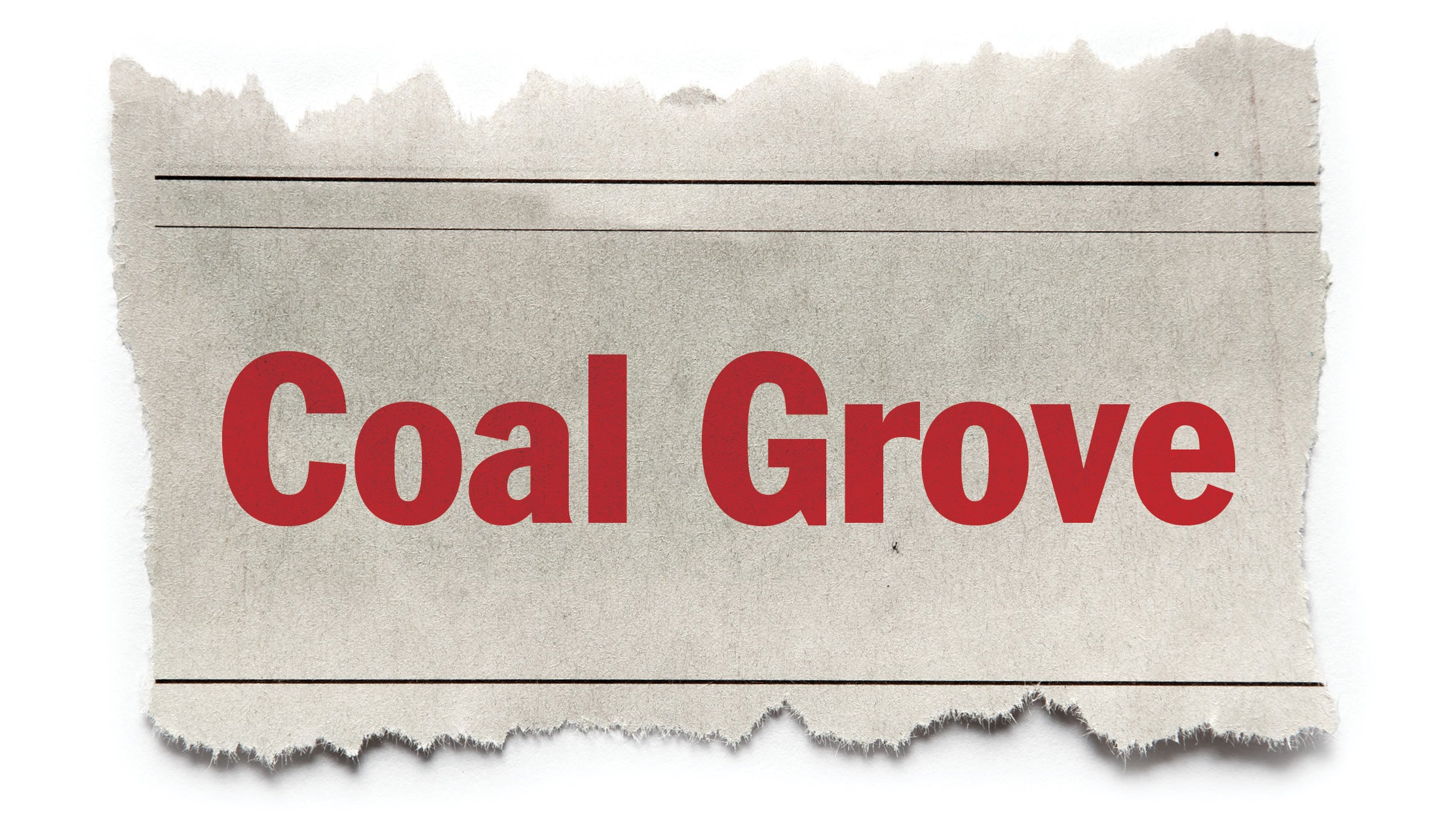Coal Grove considers land bank offer
Published 10:15 am Thursday, January 26, 2017
McCown expresses concerns with Blue Line contract
Coal Grove Village Council heard from Lawrence County Treasurer Stephen Burcham Wednesday night as Burcham, in his role as co-chair of the county land bank, asked the village to allow his office to void the tax lien certificates on six pieces of property that the land bank wishes to schedule for demolition and future resale.
The tax liens on the six pieces of property in question were purchased by the village in 2015, at $1 each. While they were made available at the time as the best option for the properties to be rehabilitated, with the land bank the county now has funds to demolish the structures on the properties and to get them ready to be sold and reused.
Allowing the properties to go back to the county would allow them to take this action and remove responsibility for rehab from the village, which currently does not have the funds necessary to make these improvements to all six pieces of property. In addition to these properties, the land bank has identified six other properties in the village, for a total of 12 that they would like to demolish in their first round of demolition scheduled for this spring.
The land bank can only claim properties that are both tax delinquent and abandoned through their expedited board of revision. They can also go after properties that are tax delinquent and occupied by going through a foreclosure process, but that, Burcham explained, was a lengthy and difficult process that would only be undertaken in extreme cases. He gave the example of a Proctorville landlord who did not pay taxes or keep the property up to code for the tenants living there, including refusing to make necessary accommodations for a handicapped tenant living there.
In legislative action the village entered into the second readings of an ordinance revising the municipal income tax and an ordinance authorizing the mayor to enter into a contract with Blue Line Solutions. They also approved a motion to purchase new tax software for assessing village taxes.
Mark McCown, acting as the village legal counsel, advised the council that he had some issues with the Blue Line solutions contract that he would like the council to consider and clarify before approving the ordinance. McCown said that he would like a provision allowing the village to back out of the contract, without any penalty, within the first 30 days. He also had concerns about a clause that states the municipality must indemnify Blue Line against any litigation, and defend Blue Line in the case of any litigation. Especially concerning to McCown was a clause that stipulated that this defense could take the form of charging the village for legal fees if the company decided to hire their own attorneys.
McCown also had concerns about differences between the Blue Line version of the contract and the version the village held. In Blue Line’s contract it stipulates that the village is required to operate the radar camera at least 120 hours per month. The contract that the village has, however, sets the required number of hours at 80 hours per month.
An additional issue, McCown said, could be with disparate treatment. If the village moves to making a speeding violation a civil offense, rather than a criminal offense, as the use of photo enforcement would do, then they have to treat all speeding offenses the same. If the village chose to pull one person over for speeding, without other cause such as erratic driving, but issued another person a photo-enforced violation, there could be grounds for a “disparate use defense” if the person chose to contest the violation in court.
McCown also suggested that the village open the process to bids, rather than award it directly to Blue Line without hearing from potential competitors. Legally, he said, contracts of this sort need to be bid out. This would require running the bid in a public forum for at least two weeks. This would mean the village council would not be able to authorize the Blue Line contract on third reading at their next regular meeting. However, they would be able to table it and come back in four weeks time to approve the contract, provided they didn’t receive any better bids from a competing company.
Council also debated the best way to assess income tax in the village, including potential changes to the village’s current reciprocity system. This system gives a tax break of 0.75 percent to any resident of the village who pays income tax to another municipality where they work. For example, if a resident of Coal Grove works in Ironton, they pay one percent income tax to that city, but due to the reciprocity system, they pay only 0.25 percent to their home village.
If the village chose to do away with the system, as other municipalities had, residents would be required to pay the one percent to the city where they work and an additional one percent to Coal Grove.
Village Councilperson Kim McKnight, though, was opposed to this plan. McKnight stated that the village shouldn’t be compounding the tax burden of its working citizens just because they happen to work in another city.



